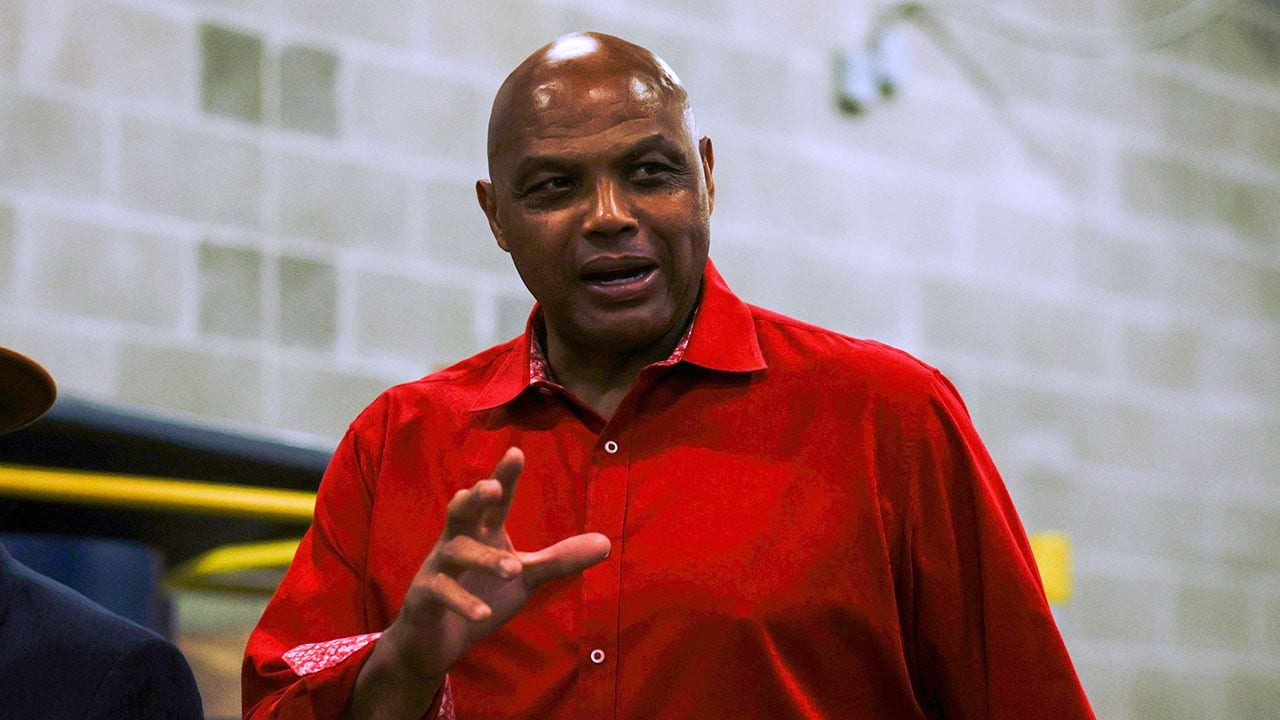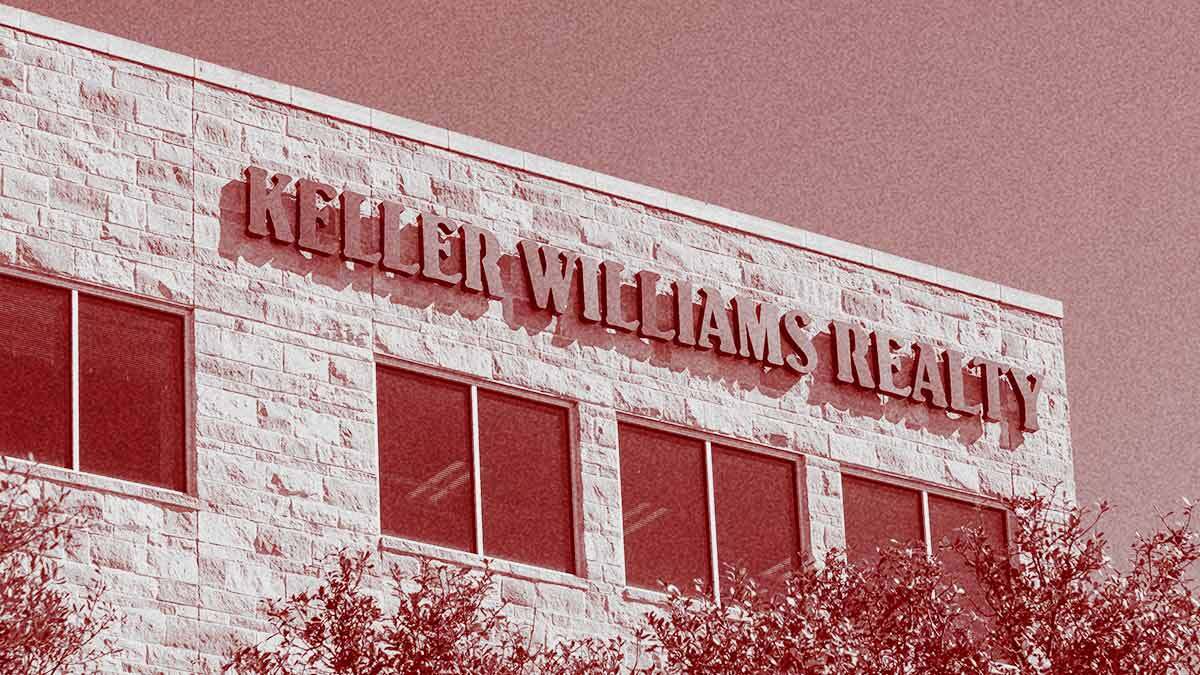Unlock stock picks and a broker-level newsfeed that powers Wall Street.
Fannie Mae and Freddie Mac shares jumped this week after new comments from Trump administration officials and a board shake-up at the companies drew fresh attention to their potential release from government control.
But beyond the stock market, housing experts see plenty of reasons to be skeptical about the end of an arrangement that dates back to the depths of the financial crisis. The biggest one? Privatization will probably send mortgage rates higher.
“We can debate how much of a cost it will be,” said Mark Zandi, chief economist at Moody’s Analytics. “That’s a legitimate debate, but rates are going to go higher.”
The Trump administration is considering sweeping changes to a crucial piece of the US housing ecosystem at a time when affordability is near an all-time low and home sales are mired in a years-long slump. While Fannie Mae and Freddie Mac don’t make mortgages, they play a crucial role in lending by buying up mortgages from banks and other lenders and packaging them into bonds. The system frees up money for more loans.
Investors' willingness to buy the bonds — mortgage bonds are a more than $10 trillion market — helps keep Fannie and Freddie’s borrowing costs, and by association, 30-year mortgage rates, low.
Today, mortgage bonds are seen as a good bet by investors in part because Fannie and Freddie have the government's backing and share its top credit ratings. A major hurdle to privatization is how to preserve at least some of that backing. If investors perceive a private Fannie and Freddie as riskier, the companies will have to pay more to borrow, which would likely mean mortgage borrowers will pay more too.
Read more: What determines mortgage rates? It's complicated.
Treasury Secretary Scott Bessent has said that plans to release the two companies will hinge on mortgage rates. At around 6.7%, rates today are more than 1.5 percentage points higher than they were at any point during Trump’s first term, and they’re at similar levels to where they were before Fannie and Freddie entered conservatorship in 2008.
The power of a guarantee
The companies, known as government-sponsored enterprises (GSEs), were chartered by the federal government but spent decades as private companies. In fall 2008, they were on the brink of failure when risky mortgages they bought up began going bad en masse. The Bush administration, fearing a complete collapse of the mortgage financing market, placed the two companies under its supervision and spent billions to bail them out.
That takeover is an example of Fannie and Freddie’s “implicit guarantee” — the idea that the government wouldn’t let such an important financial institution fail, even if it were private and no formal agreement about government support was in place.
.png)
 German (DE)
German (DE)  English (US)
English (US)  Spanish (ES)
Spanish (ES)  French (FR)
French (FR)  Hindi (IN)
Hindi (IN)  Italian (IT)
Italian (IT)  Russian (RU)
Russian (RU) 







Comments